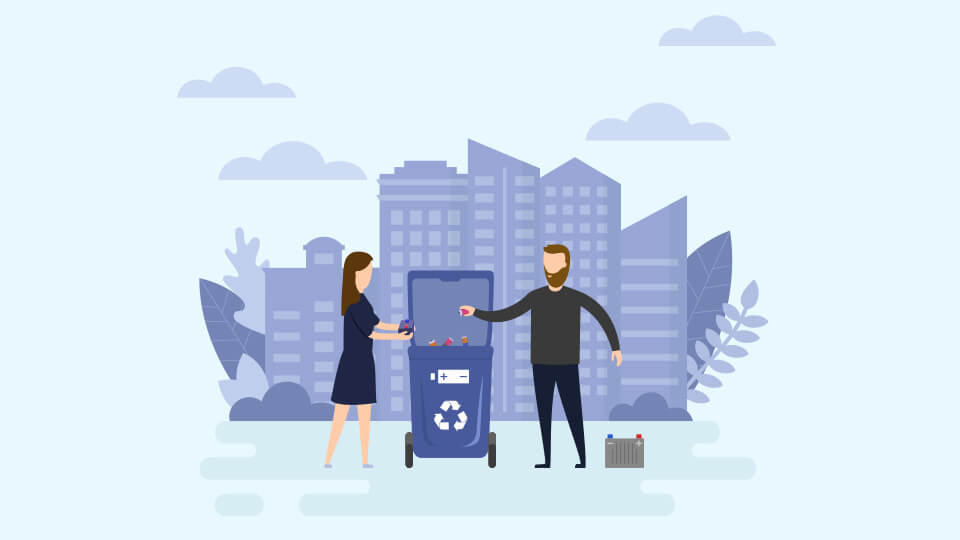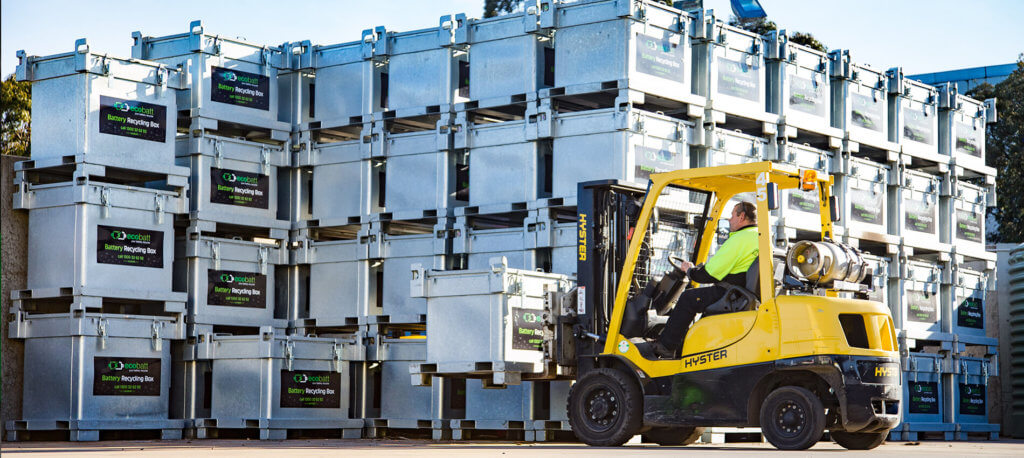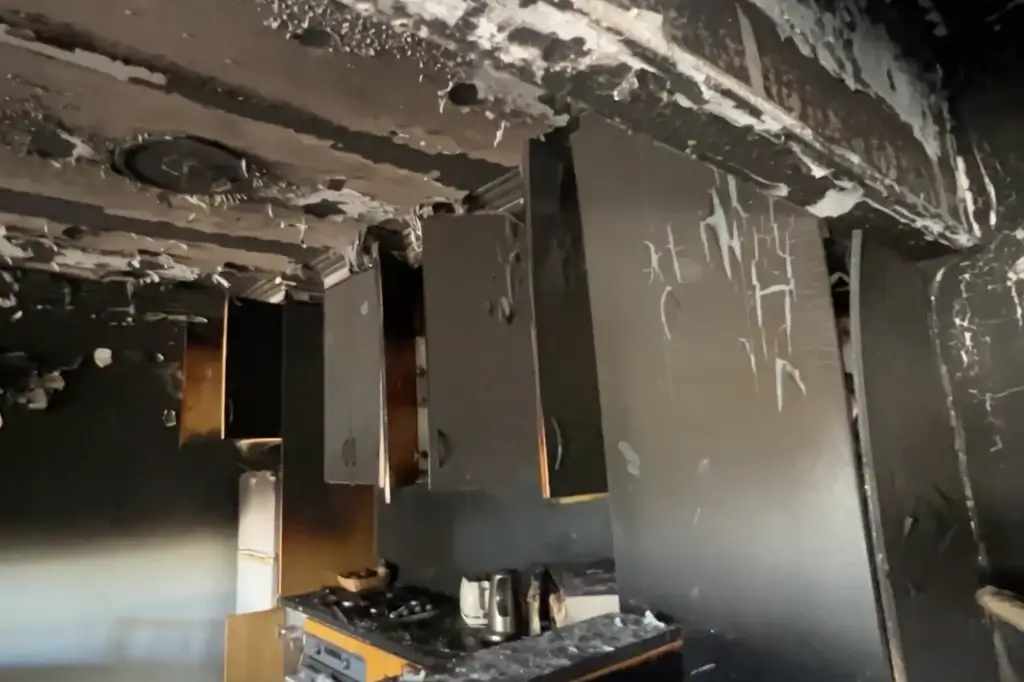Lithium-ion batteries will play a pivotal role in our future energy needs, however we still have a long way to go when it comes to recycling them.
Lithium-ion batteries are rechargeable and used widely, from mobile phones and laptops to electric vehicles and solar panel systems.
The demand for lithium-ion batteries is growing at a rate of more than 20 per cent a year in Australia due to increasing demand for portable and rechargeable devices and electric vehicles, according to the CSIRO.
Australia creates about 3,300 tonnes of lithium-ion battery waste every year, yet only 2 per cent is recycled.
Our low rate of lithium-ion battery waste recycling is a major problem for the country, with most used batteries ending up in landfill, where they pose serious environmental and human health hazards.
The benefits of recycling lithium batteries
Recycling lithium-ion batteries solves a number of problems we face in Australia, especially as we become more and more dependent on these rechargeable batteries.
Recycling keeps old lithium-ion batteries out of landfill, preventing cobalt, lithium and other materials from entering the environment.
Lithium-ion batteries can also be dangerous and have been known to explode if punctured, overcharged or overheated.
It also helps us recover these resources, so that we can reuse them in future batteries and other products.
According to a 2018 CSIRO report, the Australian economy could waste between $813 million and $3 billion worth of recoverable materials over the next 16 years if we don’t improve our lithium battery recycling efforts.
What’s next in lithium battery recycling?
Fortunately, lithium-ion battery recycling is believed to be on the rise globally, especially in China and South Korea where the majority of these batteries are recycled.
Here in Australia, CSIRO experts believe the development of a domestic lithium battery recycling industry is an important step to addressing the problem, and some changes are underway.
Last year, the Victorian government introduced new rules that force people to recycle e-waste, which includes lithium-ion batteries and other varieties.
Other states and territories are likely to watch the e-waste ban closely, as they deal with their own growing e-waste and battery waste challenges.
Industry members, including Australian Council of Recycling (ACOR), continue to call for a national battery governance program, similar to the National Television and Computer Recycling Scheme, to deal with the challenge seriously.
Recycling lithium batteries will become easier
On the ground, Australian recycling companies like Ecocycle are also investing in new battery recycling technologies, such as the company’s state-of-the-art sorting systems.
Ecocycle is set to play a significant role in our national battery waste challenge, especially as electric and hybrid vehicles become more mainstream.
As a leading battery recycler in Australia, Ecocycle recycles lithium-ion and all other types of batteries with purpose-built facilities in every state.
If you’re looking to recycle lithium-ion batteries in your workplace, give Ecocycle a call on 1300 32 62 92 or fill in the form below.
Oops! We could not locate your form.





